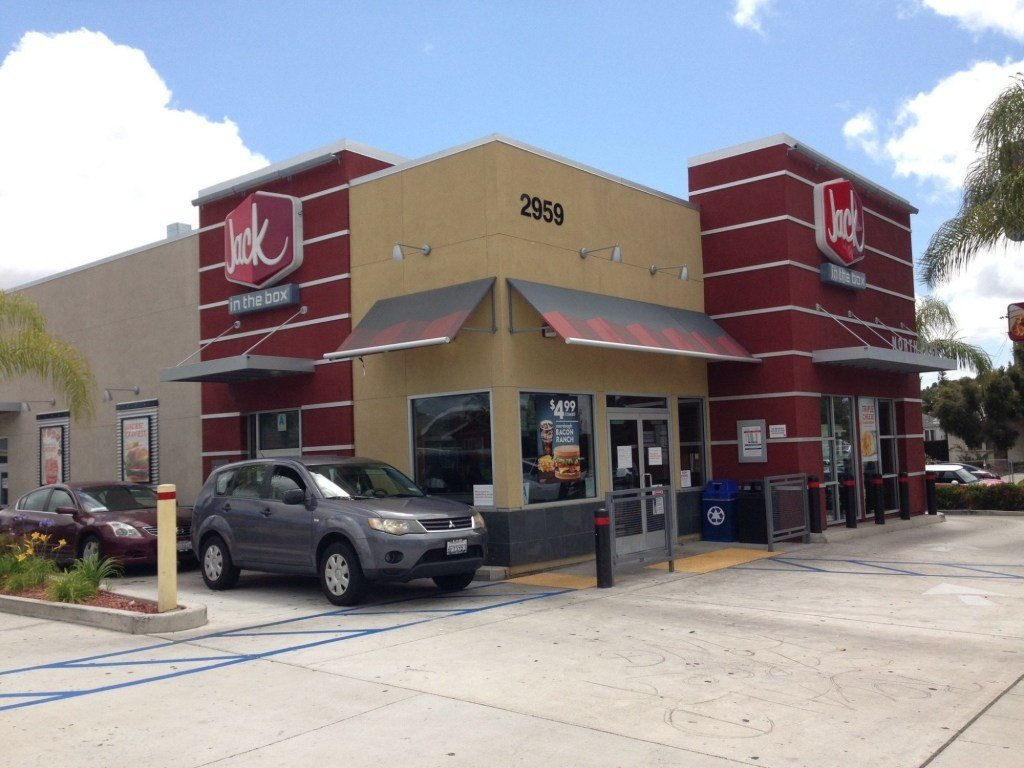Jack in the Box Announces Major Restaurant Closures and Potential Sale of Del Taco
In a surprising turn of events, Jack in the Box has revealed plans to close up to 200 of its restaurant locations, along with exploring the potential sale of Del Taco, a chain it acquired three years prior. This strategic move seeks to refocus on the core Jack in the Box brand, streamline operations, and address a significant debt of $300 million, as articulated by the new CEO, Lance Tucker. Such significant changes come amidst a series of challenges facing the fast-food industry today, making this an important time for both Jack in the Box and the broader sector.
Strategic Shift: "JACK on Track"
The initiative, branded as “JACK on Track,” aims to improve the financial performance of the company by closing underperforming locations in phases. The first set of closures, estimated between 80 to 120, is expected to be completed by the end of the year. "We expect closing these restaurants will strengthen the overall long-term economics of our franchisees," Tucker stated during a call with investors. The initiative not only highlights Jack in the Box’s commitment to optimizing its restaurant performance but also underscores its strategy to generate cash for debt repayment and future reinvestment, ultimately positioning the brand for more stable growth.
Del Taco’s Future Uncertain
While discussions about closing locations are immediate, the fate of Del Taco remains uncertain. Although it’s not confirmed that Del Taco is officially for sale, Tucker noted that the chain is collaborating with B of A Securities to evaluate any divestiture options. The acquisition of Del Taco, which closed at $585 million in 2022, is now perceived by some industry experts as an over-investment. Consultant John Gordon pointed out that the original price may have been inflated by $200 million to $300 million, creating a challenging landscape for the brand’s integration into Jack in the Box’s operations.
Challenges in the Fast-Food Sector
The decision to streamline operations and potentially divest Del Taco comes amid broader struggles faced by fast-food chains. Rising wages in California, escalating food costs, and declining consumer spending due to economic uncertainty have created a difficult operating environment for restaurants. These challenges have particularly impacted sales, evidenced by a 4.4% decline in same-store sales for Jack in the Box and a 3.6% decline for Del Taco in the last quarter ending April 13. Such numbers illustrate the pressing need for Jack in the Box to adapt and respond to the changing market dynamics.
Returning to Core Competencies
This new direction for Jack in the Box marks a significant return to its foundational identity as a burger-centric brand. Historically, the chain has shifted focus and ownership, previously divesting from Qdoba, and now potentially moving away from Del Taco as well. Tucker emphasized that while he holds a positive view of Del Taco, prioritizing the Jack in the Box brand makes operational sense at this stage. “It just makes a lot more sense to simplify our model," he said, reinforcing the need for a concentrated focus on enhancing Jack in the Box’s core offerings.
Navigating Financial Pressures
The urgency behind these recent decisions can also be attributed to the financial pressures Jack in the Box faces. In addition to tackling operational inefficiencies, the company must address looming debt repayments, totaling more than $500 million, scheduled for February 2027. Gordon further suggested that the board’s recent decisions might be influenced by a pressing need to stabilize financial performance before upcoming debt obligations. "They need to make the fixes to the system now so that later the base of the system improves," he noted, signaling the critical nature of the current business climate.
Impact on Stock Performance
Investors are closely monitoring the effects of these strategic changes. Jack in the Box’s stock price has seen a notable decline, closing at $23.96, down by 5.72% within just a day. The stock has plummeted nearly 60% over the last year, reflecting investor concerns regarding the chain’s viability and operational effectiveness. As Jack in the Box implements its new strategies, both shareholders and industry analysts will be watching closely to assess whether these initiatives will yield desired outcomes, stabilize the business, and set the stage for future growth in a rapidly evolving marketplace.
In summary, Jack in the Box is undergoing significant changes to navigate current challenges, focusing on enhancing profitability through location closures and possibly selling Del Taco. This strategic recalibration aims to carve out a clearer path for the brand’s future and address its looming financial pressures, with the potential for positive long-term outcomes if executed effectively.


